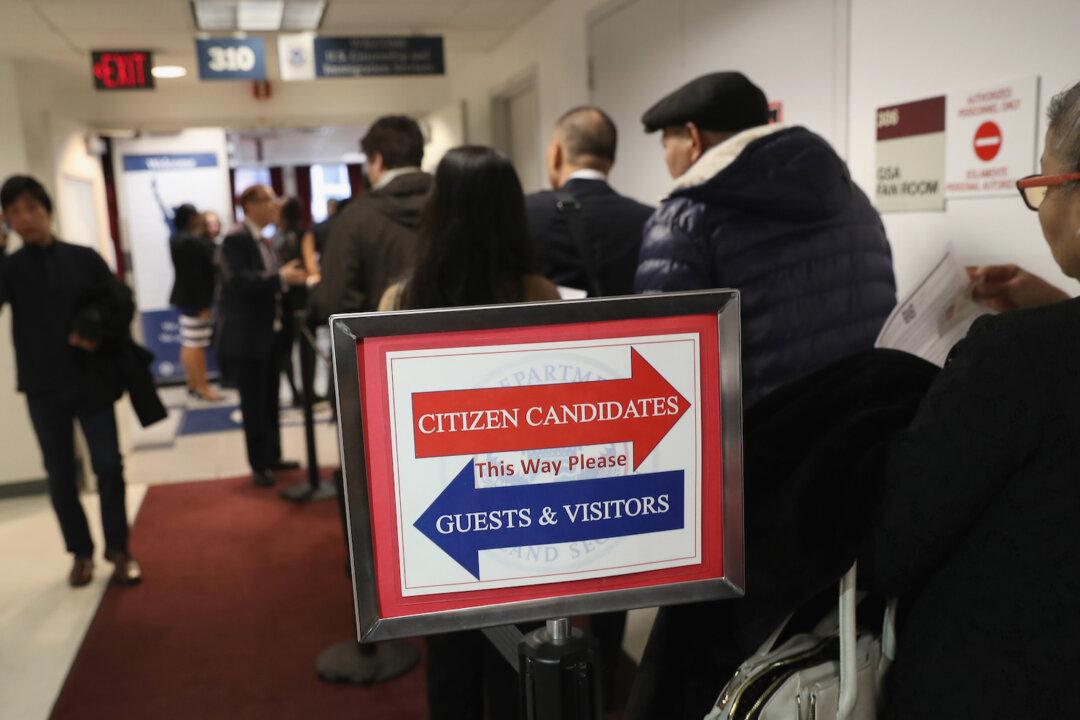The Trump administration on Monday started enforcing new income-based requirements for green cards and certain types of visas, coming days after the Supreme Court ruled in favor of the measure.
Under the new rules, most green card applicants in the United States and abroad will now have to be evaluated under a new set of guidelines to determine whether they'll be a “public charge.” The rule is expected to affect millions and might force numerous immigrants to stop using public welfare programs, including Supplemental Security Income, assistance from the Temporary Assistance for Needy Families program, Medicare, and other programs.





